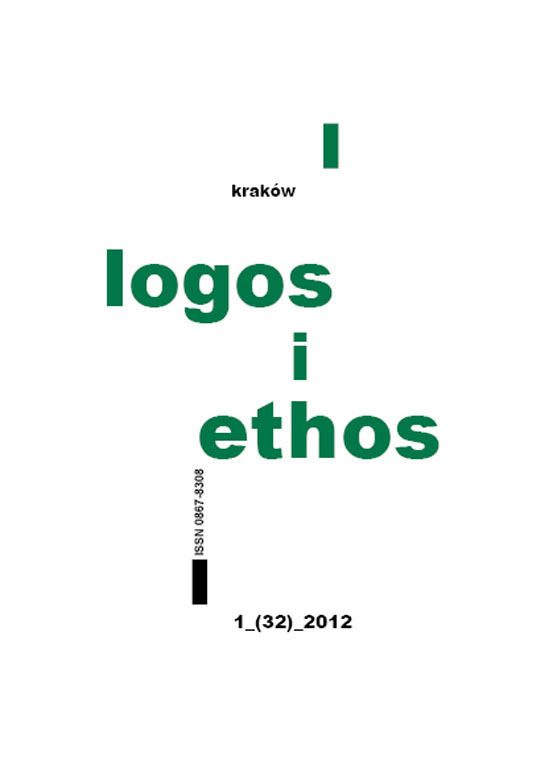Ferdinand Ebner und der Platz der Dialogphilosophie in dem katholischen Denken des zwanzigsten Jahrhunderts
DOI:
https://doi.org/10.15633/lie.197Abstrakt
It seems unusual even in some Catholic circles to speak of the philosophy of dialogue in the Catholic context. Nevertheless, the purpose of this article is to show that the dialogical way of thought not only has a Catholic originator – Ferdinand Ebner – but also a fixed place in the heart of Catholic thinking. We identify dialogical thinking here neither as an affiliation to a specific group of thinkers, nor as directly discussing the subject of dialogue/communication, but rather whether such thought conforms to the dialogical principle. We present this principle on the basis of the „fundamental thought” found in Ebner’s, The Word and the Spiritual Realities and we explain it further on the basis of his „word” concept. However, the rudiments of dialogical thinking can be found even before the „dialogical turn”. Plato and Augustine are the earliest, classical examples, and we present as its later forerunners Hamann, Baader, Humboldt, Feuerbach and Kierkegaard. As an illustration of the mysterious impact of the dialogical principle on Catholic thought we mention a few such authors who make direct reference to Ebner: Romano Guardini, Gabriel Marcel (together with Emmanuel Mounier), and the theologians Karl Rahner and Hans Urs von Balthasar. The main concern is not to look for Ebner’s impact on these thinkers, but to see the presence of the dialogical principle in their writings. Furthermore, we try to show the influence of the dialogical principle on the documents of Vatican II (especially Dei Verbum). This will demonstrate that indeed there is a significant correspondence between „Catholic” thinking and „dialogical” thinking.Pobrania
Opublikowane
2012-09-15
Numer
Dział
Artykuły
Licencja
Prawa autorskie (c) 2012 Krzysztof Skorulski

Utwór dostępny jest na licencji Creative Commons Uznanie autorstwa 4.0 Międzynarodowe.
Autorzy publikujący w czasopiśmie udzielają jego wydawcy zgody o następującej treści:
- Autor zachowuje autorskie prawa majątkowe do utworu, a jednocześnie udziela wydawcy czasopisma zgody na jego pierwszą publikację w wersji drukowanej i wersji online na licencji Creative Commons Uznanie autorstwa 4.0 Międzynarodowe oraz zgody na wykonywanie opracowań, w tym przekładów.
- Autor ma możliwość udzielania zgody niewyłącznej na opublikowanie utworu w wersji, która ukazała się w czasopiśmie (np. zamieszczenia go w repozytorium instytucjonalnym lub opublikowania w książce), wraz z informacją o jego pierwszej publikacji w czasopiśmie.
- Autor może umieścić swój utwór online (np. w repozytorium instytucjonalnym lub na swojej stronie internetowej) jeszcze przed zgłoszeniem utworu do czasopisma.

